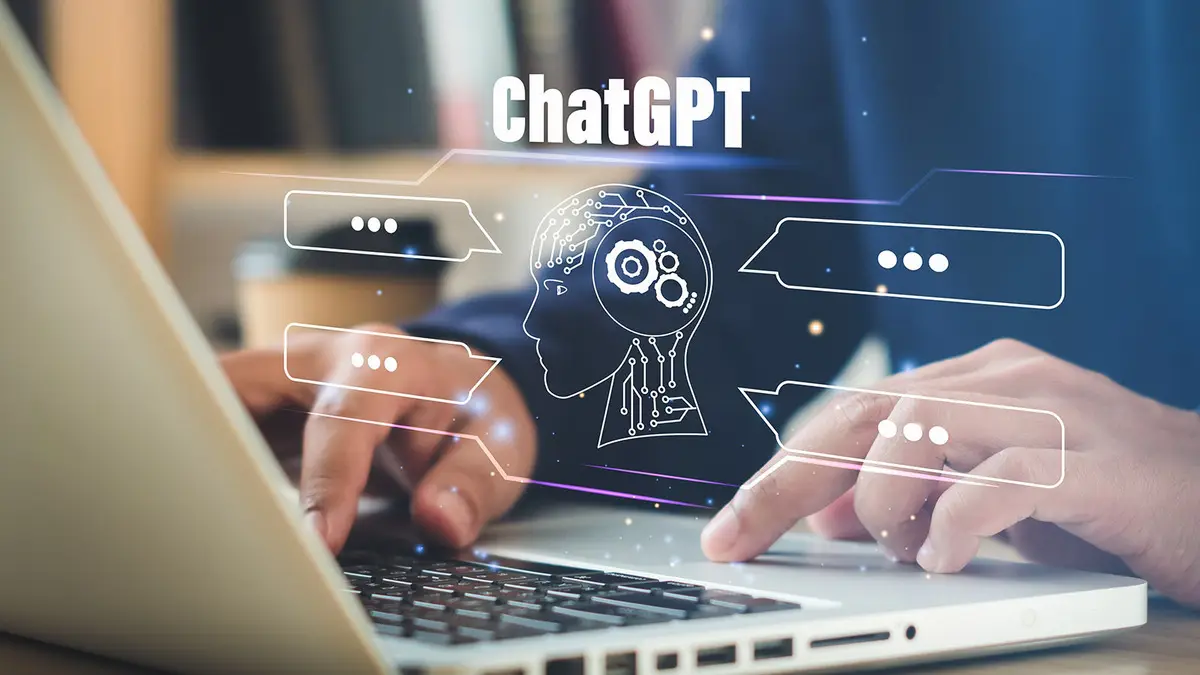In a pioneering leap for artificial intelligence (AI), researchers at Google DeepMind, known for their development of advanced AI models, have achieved the world’s first scientific discovery using a large language model (LLM). This breakthrough, involving ChatGPT and similar programs, signifies the potential of these models to generate information beyond existing human knowledge, going beyond mere data repackaging to produce novel insights.
Pushmeet Kohli, the head of AI for science at DeepMind, expressed astonishment at the project’s unexpected outcome, stating that there was initially no indication that it would lead to a genuinely new scientific discovery. This marks a significant moment as the first time a large language model has contributed to an original scientific finding.
Large language models (LLMs) are robust neural networks that learn language patterns from vast amounts of text and data. ChatGPT, introduced last year, has gained popularity for tasks like software debugging and content creation. While traditional chatbots may provide plausible yet flawed answers, this research showcases the potential of LLMs to transcend such limitations.

DeepMind’s approach involves using an LLM to create “FunSearch,” a system that generates computer programs to solve problems. Paired with an “evaluator” that ranks programs based on performance, the best programs are iteratively combined and fed back to the LLM for continuous improvement. This process evolves from suboptimal programs to powerful ones capable of uncovering entirely new knowledge.
FunSearch faced two challenging puzzles. In the first, it developed programs to generate large cap sets, surpassing the achievements of existing mathematicians. The second puzzle addressed the bin packing problem, where FunSearch not only found innovative solutions but also identified a more efficient packing strategy, avoiding small gaps unlikely to be filled.
The results of this groundbreaking research have been published in Nature, signifying a new frontier in the collaboration between AI and scientific discovery. Experts, including Sir Tim Gowers, a professor of mathematics at Cambridge University, lauded the work, highlighting its potential as a valuable tool for collaborations between human mathematicians and AI, offering efficient searches for clever and unexpected constructions that remain humanly interpretable.




